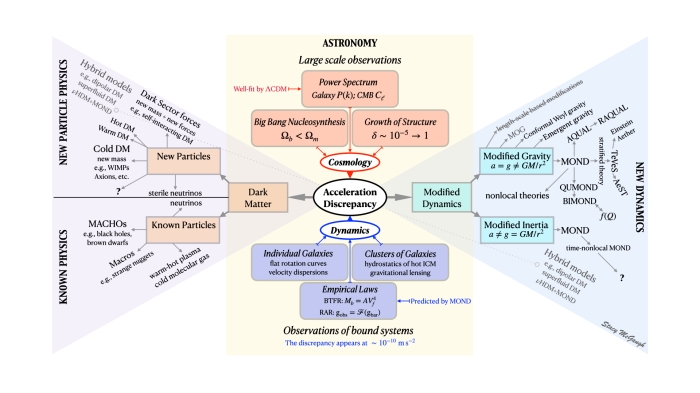
I am primarily an extragalactic astronomer – someone who studies galaxies outside our own. Our home Galaxy is a subject in its own right. Naturally, I became curious how the Milky Way appeared in the light of the systematic behaviors we have learned from external galaxies. I first wrote a paper about it in 2008;







